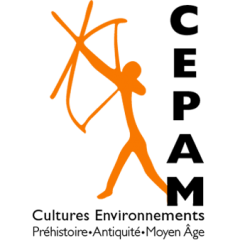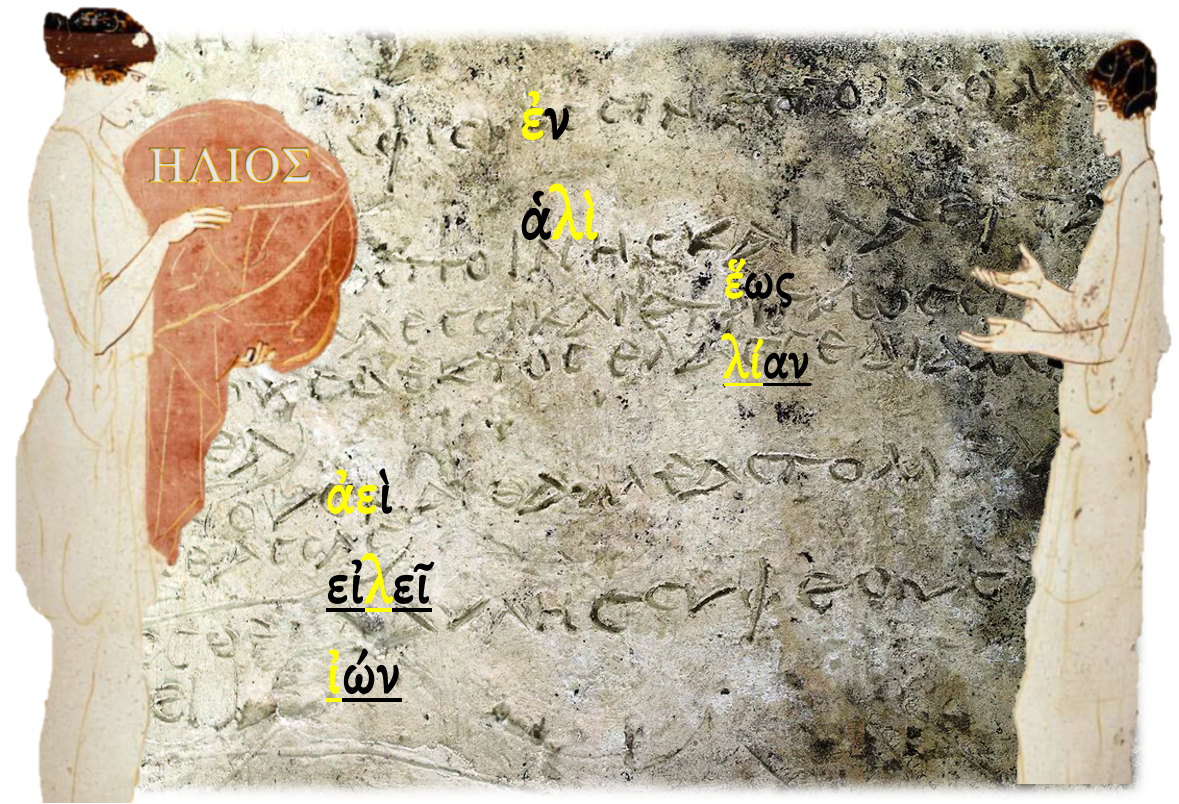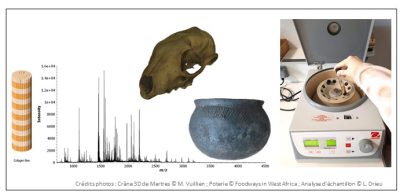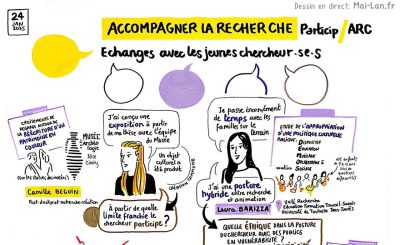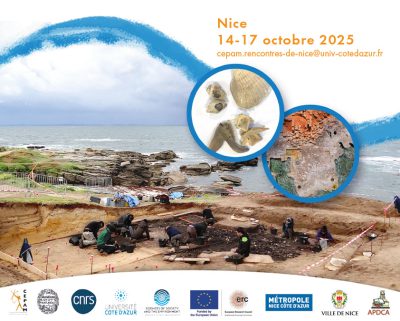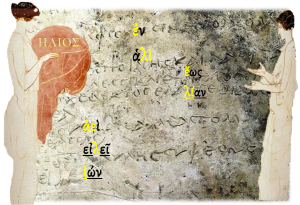 This international conference, to be held in Siena in April 2025 aims to attract researchers, mainly philologists, linguists and philosophers interested in ancient practices of etymologizing in Ancient Greek and Byzantine literature. It is promoted by the International Association ETYGRAM (http://www.cepam.cnrs.fr/etygram/) devoted to the study of indigenous (or “emic”) ancient Greek etymologies and follows three editions in 2016, 2018, 2021. The ancient Greek conception of etymology is fundamentally different from our modern one and has a much broader meaning. To start with, it allows a rather exceptional plasticity (see, e.g., Plato’s Cratylus) as far as semantic paronomasia is concerned. As ancient scholars understood it, etymology is chiefly a dynamic process aiming at suggesting semantic correlations between words based on phonetic similarities, with a momentous heuristic power. This intellectual game, a very serious one at that, deserves to be investigated since it is neither scientific in character (as modern linguists would describe it), nor plainly labellable as “folk” etymology. It is rather a cultural construction, which is both an art of punning and an attempt to uncover deep semantic motivations.
This international conference, to be held in Siena in April 2025 aims to attract researchers, mainly philologists, linguists and philosophers interested in ancient practices of etymologizing in Ancient Greek and Byzantine literature. It is promoted by the International Association ETYGRAM (http://www.cepam.cnrs.fr/etygram/) devoted to the study of indigenous (or “emic”) ancient Greek etymologies and follows three editions in 2016, 2018, 2021. The ancient Greek conception of etymology is fundamentally different from our modern one and has a much broader meaning. To start with, it allows a rather exceptional plasticity (see, e.g., Plato’s Cratylus) as far as semantic paronomasia is concerned. As ancient scholars understood it, etymology is chiefly a dynamic process aiming at suggesting semantic correlations between words based on phonetic similarities, with a momentous heuristic power. This intellectual game, a very serious one at that, deserves to be investigated since it is neither scientific in character (as modern linguists would describe it), nor plainly labellable as “folk” etymology. It is rather a cultural construction, which is both an art of punning and an attempt to uncover deep semantic motivations.
The 4th Conference will focus on common vocabulary (i.e. excluding toponyms, theonyms, anthroponyms), a lot of work having already been done on the etymology of proper names. the conference will address the following issues, without excluding other relative topics:
- What is used as etymological material and how is etymology used in intellectual and scientific debates?
- What role etymology plays in educational texts and contexts ?
- How is etymological analysis elaborated in literary instructive contexts, such as didactic poetry and rhetorical training?
- How are etymologies transmitted and modified over time in the different sources?
The organizers welcome proposals (in French, English, Greek, German, Spanish or Italian). Note that a written version of the papers, in English, will be rapidly submitted to De Gruyter, in the series Trends in Classics, where a book Ancient and Medieval Greek Etymology. Theory and Practice I (2021) is already published, and a second volume in press (2024). Conference papers will be 25 minutes, with 10 minutes for discussion. Interested scholars from all academic levels are invited to send an abstract of no more than 500 words to etygram2025@univ-cotedazur.frand assoc.etygram@gmail.com by October 01, 2024. Participants will be notified in November 01, 2024. Accepted papers will be presented on an equal footing with invited speakers. Accommodation and meal expenses will be covered by the organization.
Organizing committee: Simone Beta, Maria Chriti, Claire Le Feuvre, Athanassios Vergados, Arnaud Zucker
Program Committee: Gianfranco Agosti (Univ. Pisa. Italy), Simone Beta (Univ. Siena. Italy), Maria Chriti (Aristotle University of Thessaloniki. Greece), Christophe Cusset (ENS Lyon. France), Claire Le Feuvre (Sorbonne Université. France), Athanasios Vergados (Newcastle University. Great Britain) Arnaud Zucker (Univ. Côte d’Azur. France).
Rencontres scientifiques à venir
Consulter toutes les rencontresSéminaire | Etudier l’alimentation du passé par des méthodes physico-chimiques
Le prochain séminaire, co-organisé par Manon Vuillien & Léa Drieu, du groupe de recherche MIAM aura lieu le mercredi 2 juillet 2025 en salle 128/129 à partir de 9h30
Appel à Communication | Les journées jeunes chercheur.e.s (Particip-Arc)
Appel à communications pour la journée de séminaire dédié aux travaux des journées Jeunes Chercheurs et chercheuses en sciences culturelles participatives.
Appel à contributions | Océans, littoraux, îles et sociétés : fluctuations environnementales, activités humaines et défis socio-environnementaux à travers le temps
45es Rencontres internationales d’Archéologie et d’Histoire de Nice Côte d’Azur, organisées par Tatiana Theodoropoulou (CEPAM, CNRS-Université Côte d’Azur), Alexandra Bivolaru (CEPAM, CNRS-Université Côte d’Azur), Nicolas Naudinot (MNHN, UMR 7194 HNHP, Paris)
